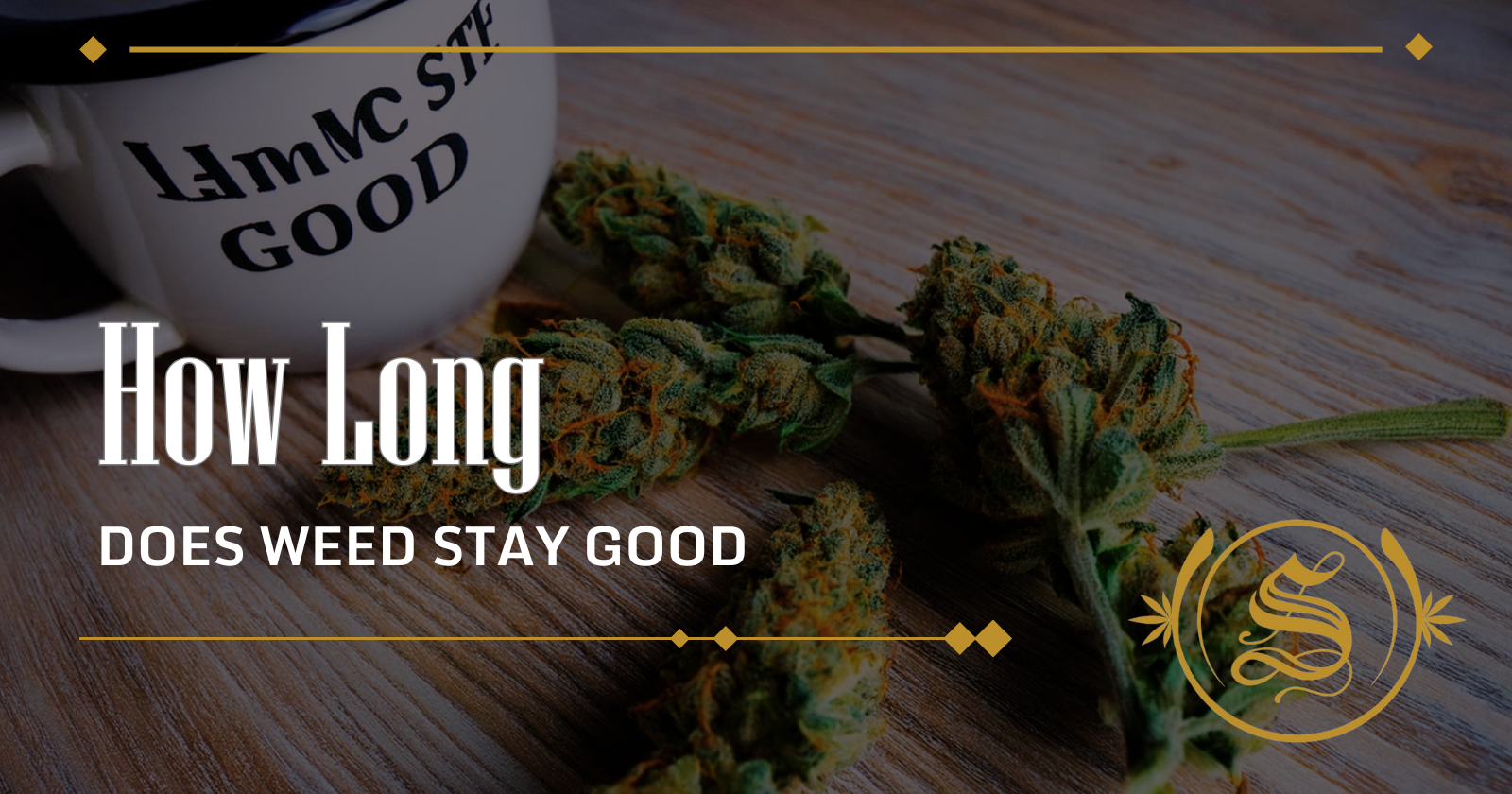Iftikhar Alam
Author
Reviewed by Cannabis Experts
Published on: November 18, 2024 | Updated on: November 21, 2024
Did you know that around 317,800 people were arrested for marijuana possession in 2020?
According to Florida’s laws, if you are found carrying less than 20 grams of marijuana, it can be an offense that results in a misdemeanor conviction. However, carrying any drug above 20 grams can be considered a felony.
Marijuana laws are constantly evolving. So, if you are wondering how much weed is a felony, the answer depends on your state, your background, and the applicable laws.
Let’s delve deeper into how much marijuana possession can cause trouble for you in different states and situations.
Marijuana Laws in the US
The law dealing with the possession and use of marijuana is rather complex. Decriminalization and legalization are becoming more and more prevalent every passing month in the US today since most of the states — around 38 — have legalized the use and possession of marijuana for medical purposes. Colorado is one such example.
Meanwhile, penalties for holding or consuming the substance in states that have not yet legalized its use can range from fines to years of imprisonment.
Of course, the central question is how much weed is a felony. But of course, here, most people are referring to its recreational use, not medical.
The amount of marijuana that qualifies the individual as a felon varies by state. Some of the states still have decriminalized marijuana, so if you possess a small amount, it’s a civil offense. Others have very, very strict laws.
So even if you hold a pocket-sized amount, it can be a severe offense leading to penalties.
Marijuana Law Differences Across the States
It is surprising, but the laws vary significantly from state to state. If you cross borders with the same amount that’s legal in one state, you could become a felon as you enter another. However, if you stay in a state where it is legalized, you can easily use it for medical or recreational purposes with nobody to question you.
Here is some important information state by state you will find helpful:
Texas
The Lone Star State allows as much as 4 ounces of marijuana. Anything above this, and you can face jail time. The crime is punishable up to the extent of 2 years in prison.
Florida
The Sunshine State, much of a magnet for tourists, is a bit more stringent and only allows up to 20 grams or 0.7 ounces of marijuana. Anything more than that, and you face charges of imprisonment for up to 5 years.
California
The largest economy in the US and 5th most significant in the world, California completely legalizes the use and possession of marijuana. However, there is a law that states that possessing over 28.5 grams or 1 ounce of cannabis outside the regulated dispensaries can lead to charges.
Alabama
In Alabama, the unlawful possession of marijuana is still a second-degree offense. Any amount of possession or use can lead to up to a year in jail or a $6,000 fine.
Arizona
Consuming or possessing up to 2.5 ounces in 14 days is still legal in Arizona. However, the upper limit is 4 ounces. Above that, you will pay a year of imprisonment or up to a $2,500 fine.
Connecticut
The laws are a bit relaxed in Connecticut, but there are a few conditions. First, you must be over 21 years old, and less than half an ounce is legal. But more than that can lead to a $150 civil penalty. However, possession of marijuana does not make you a felon in Connecticut.
Georgia
The medical use is quite fluid here. For instance, a patient with the description may possess up to 20 fluid ounces of THC oil as long as they are registered as a low THC oil patient in the registry.
However, possession of over an ounce of marijuana can lead to a year of imprisonment or a $1,000 fine.
Illinois
In Chicago, marijuana usage and possession are legal up to an extent. However, the users may still have to be 21 years older and can possess up to 30 grams of cannabis flower or 5 grams of cannabis concentrate.
Nonresidents are also allowed, but the quantities are halved, which means if residents are allowed 30 grams, they will be allowed 15 grams.
Any amount present above the limit can lead to 6 months of imprisonment or a $1,500 fine.
Kansas
In Kansas State, CBD oil is only allowed under certain circumstances. Otherwise, possession of marijuana can lead to 6 months of imprisonment and up to a $1,000 fine.
Kentucky
Kentucky State, too, completely prohibits the possession or usage of marijuana. So, if anybody is found possessing up to 8 ounces, it can lead to 45 days of imprisonment or a $250 fine.
New York
The Big Apple allows up to 3 ounces or 24 grams of concentrated cannabis to all those who are above 21 years of age. Above that, you just have to pay a fine of $125.
However, possession of over 5 pounds of marijuana can lead to a year of imprisonment.
Check out Marijuana Possession Laws by State for a better understanding.
Implications of Marijuana Possession
Apart from the charges, people must face short-term and long-term consequences. In fact, they can go beyond jail time or fines. People who have been convicted find it hard to find jobs, study, or even find housing. They also lost their voting rights in some states.
Then, there’s also discrimination, as black Americans are still four times more likely to face arrest compared to white Americans, even though there is a similar rate of usage amongst both.
The Future of Marijuana Laws in the US
As you can see, the trend is moving towards the complete legalization of marijuana across the states.
A study conducted in 2020 by the Drug Policy Alliance concluded that enforcing marijuana possession laws in the US costs taxpayers over $3.6 billion annually.
As of today, the MORE Act, or Marijuana Opportunity Reinvestment and Punishment Act, is still in Congress and set to completely eliminate marijuana from the list of federally controlled substances. The law will further acquit those convicted of marijuana and related offenses.
Wrap Up
So, how much weed is a felony? Understanding the exact amount that classifies you as a fellon or innocent citizen is contingent on the current laws of the state, significantly since continual reforms are reshaping the world around marijuana and its usage.
Although the possession threshold is very high, the consequences of possessing the substance can be life-changing. Therefore, it is important to always stay informed of the legal environment.
Sources
Footnotes
- Dills AK, Goffard S, Miron J, Partin E. The effect of state marijuana legalizations: 2021 update. Cato Institute, Policy Analysis. 2021.
- Hudak J. Colorado’s rollout of legal marijuana is succeeding: A report on the state’s implementation of legalization. Case W. Res. L. Rev.. 2014;65:649.
References
- Marijuana Possession. Roelke Law, P.A. Accessed 09/27/2024.
- Felony Possession of Marijuana. Roelke Law, P.A. Accessed 09/27/2024.
- Federal laws and penalties. NORML. Accessed 09/27/2024.
- 317,793 people were arrested for marijuana possession in 2020 despite the growing legalization movement. Baker Institute. Accessed 09/27/2024.
- State medical cannabis laws. Ncsl.org. Accessed 09/27/2024.
- New ACLU report: Despite marijuana legalization black people still almost four times more likely to get arrested [Internet]. American Civil Liberties Union. Accessed 09/27/2024.
- The war on marijuana in Black and white. PSN: Politics of Race (Topic). Accessed 09/27/2024.
- Marijuana Possession. Freidberg Attorney at Law. Accessed 09/27/2024.
- States With the Most Arrests for Marijuana Possession. US News. Accessed 09/27/2024.
The content provided on this blog is for informational purposes only and does not constitute medical, legal, or professional advice. Cannabis use is subject to local laws and regulations, which vary widely by jurisdiction. Always consult with a healthcare professional before starting any new treatment or altering an existing treatment regimen. The authors and publishers of this blog are not responsible for any actions taken based on the information provided herein. Use cannabis responsibly and in accordance with applicable laws. This blog is intended for adults aged 21 and over. The Sanctuary Dispensaries D186, D187.








